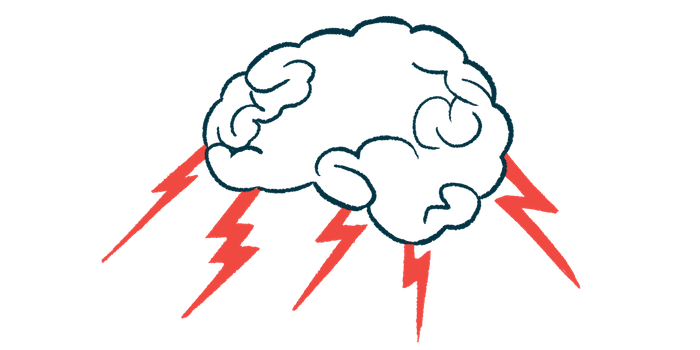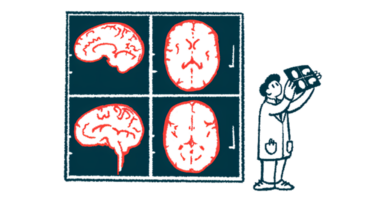$5M NIH grant awarded to neuro42 to develop MRI platform
Funding aimed at helping to improve care, outcomes in Parkinson's disease

The medical technology company neuro42 will use a $5 million federal grant to help innovate magnetic resonance imaging (MRI) to accommodate emerging technologies and improve outcomes in Parkinson’s disease and other conditions.
The grant from the National Institute of Health’s National Institute of Neurological Disorders and Stroke will aid research on a portable intraoperative MRI for neurosurgery, with the goal being to advance imaging technologies such as MRI-compatible robotic systems to improve MRI-guided neurosurgical interventions.
Abhita Batra, neuro42’s founder and its chief strategy officer said the company is working to innovate the capabilities of MRI to “optimize patient outcomes and enhance physician experience in an open, minimal footprint set up for interventional, robotic assisted neurosurgery.”
“Expanding our clinical and research initiatives to now include the NIH/NINDS award is validating to our goal of enabling confirmatory and direct MRI guided interventions in brain biopsies, tumor resections, laser ablations and other robotic interventions with our MRI technology platform,” Batra said in a press release.
MRI to aid in treatment of Parkinson’s
MRI is a noninvasive imaging technology that uses radio waves and a magnetic field to generate detailed images of tissues and organs. It’s frequently used to detect disorders, diagnose, and monitor treatments.
The company is developing a portable MRI, robot, and artificial intelligence platform that will grant easy access to screen, diagnose, and intervene in neurological conditions such as Parkinson’s disease, and to improve the patient and physician experience.
According to neuro42, there is a sizable market for MRI interventions, including for brain tumor cases and the estimated 4 million Parkinson’s disease and epilepsy diagnoses in the U.S. each year. Approximately 90,000 people in the U.S. are diagnosed with Parkinson’s annually and that number is expected to reach 1.2 million by 2030.
MRI procedures are commonly used in Parkinson’s to support a diagnosis and can help rule out other conditions, such as stroke or brain tumor, that could cause similar symptoms. They also can be used in deep brain stimulation, a surgical treatment that helps control tremors and involuntary movements, to help guide the placement of electrodes into the brain.







